The Russian Defense Ministry said on June 19 that Russian forces had repelled several Ukrainian attacks, as Kyiv launched a counter-offensive to retake territories controlled by Russian forces, according to Reuters.
The Russian Defense Ministry said four attacks were repelled west of the Russian-controlled city of Donetsk in eastern Ukraine, in the areas around Pervomaiske, Stepove and Staromykhailivka.
The Russian Defense Ministry also said its forces had repelled two attacks further west, in the southern Ukrainian province of Zaporizhzhia, as well as three attacks south of Donetsk province.
Earlier in the day, the Russian Defense Ministry said its forces had thwarted an attempt by Ukraine to capture the village of Novodonetske in Donetsk province, one of the areas where Kyiv's counteroffensive efforts were focused.
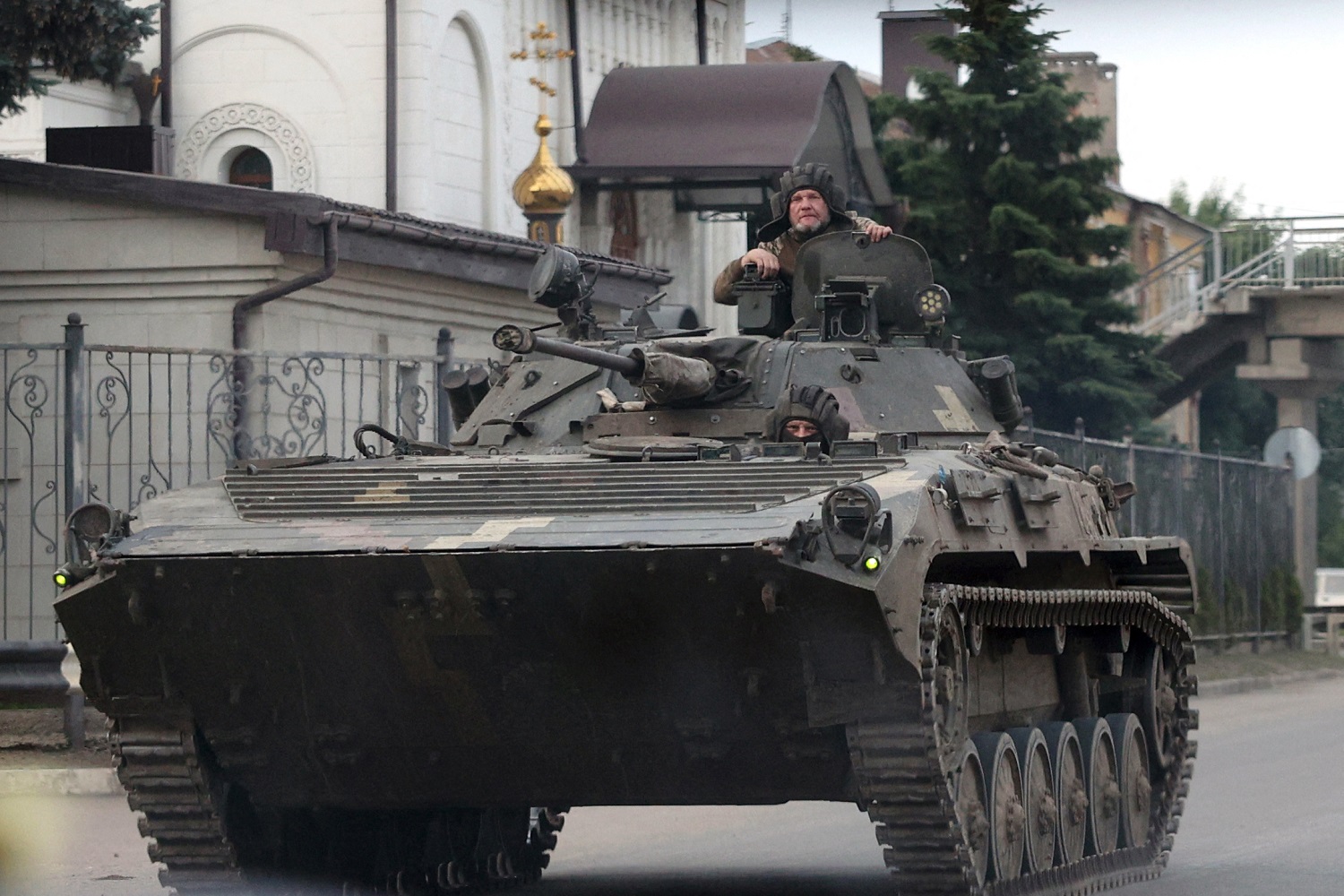
Ukrainian soldiers drive BMP infantry fighting vehicles in the town of Kostiantynivka, Donetsk region, June 17.
Meanwhile, Ukraine said on June 19 that it had driven Russian forces out of the eighth village in a two-week counteroffensive in a heavily fortified area of the southern frontline on the most direct route to the Sea of Azov.
Ukrainian Deputy Defense Minister Hanna Maliar confirmed that Ukrainian forces not only recaptured Piatykhatky but also advanced 7 km into Russian defense lines in the past two weeks, gaining 113 km2 of land, according to Reuters.
"In two weeks of offensive operations in the direction of Berdiansk and Melitopol, eight residential areas have been liberated," Maliar said on Telegram, referring to two cities on the Azov Sea.
In addition, on June 19, the Ukrainian Air Force announced that it had shot down four cruise missiles and four suicide drones (UAVs) launched by Russia in the early hours of the same day, according to The Kyiv Independent.
The Ukrainian Air Force said four Russian Kalibr cruise missiles were launched from a submarine in the Black Sea. Serhii Bratchuk, head of the Public Council of the Military Administration of Odessa Oblast in southern Ukraine, said the cruise missiles were aimed at Odessa Oblast but were all destroyed.
In addition, Russia launched four Shahed-136/131 UAVs from the eastern coast of the Sea of Azov. On the morning of June 19, the leadership of Dnipropetrovsk province reported the shooting down of four Russian UAVs in the province, according to The Kyiv Independent . As of the evening of June 19, there was no information about Russia's response to the above statement of the Ukrainian Air Force.
See also : What will happen after Ukraine's next counterattack?
Ukraine accused of increasing attacks on Russian territory
Governor Roman Starovoit of Russia's Kursk region said on June 19 that the current situation in the region remains difficult because the Ukrainian army has increased attacks on the border district of Glushkovsky in the past two days, according to TASS news agency.
“As for the situation on the ground – there are still many challenges here and we can see that over the past two days, shelling of the Glushkovsky district has become more frequent,” Starovoit said at a meeting of the local government.
There were about 40 attacks on the Glushkovsky district on the morning of June 19 and the day before, according to TASS. On June 18, two local residents were injured in shelling by the Ukrainian army.
In addition, Vyacheslav Gladkov, governor of Russia’s Belgorod region, wrote on the Telegram messaging app that on June 18, Ukrainian forces fired about 150 shells at settlements in the region and attacked one settlement with a drone. Gladkov said that no civilians were injured, according to TASS news agency.
As of the evening of June 19, there was no information about Kyiv's response to the above accusations from Russian officials.
See more : War on the evening of June 17: Mr. Putin issued a warning to Ukraine, is Russian land being attacked again?
German Chancellor calls on the West to adjust policies
German Chancellor Olaf Scholz said on June 19 that the West should adjust its policy to the possibility that the Russia-Ukraine conflict could continue for an indefinite period of time, according to TASS news agency.
Speaking at a joint press conference with NATO Secretary General Jens Stoltenberg, German Chancellor Scholz stressed: "We must prepare for the possibility that Russia's actions [special military operations] could last for a long time."
"This is what we are preparing for and what guides our policy. Germany will continue to be a staunch supporter of Ukraine as long as it is possible. However, it is clear that NATO will not become a party to the conflict," Chancellor Scholz told Stoltenberg.
See also : Germany announces first national security strategy in history
Will Russian nuclear weapons stay in Belarus indefinitely?
TASS news agency on June 19 quoted a senior Russian diplomat as saying that Russia's deployment of tactical nuclear weapons in Belarus has no time limit.
"As for the possible time frame for the presence of Russian tactical nuclear weapons on the territory of Belarus, the agreements between Russia and Belarus do not contain any restrictions on this issue," TASS quoted Alexei Polishchuk, head of the Department of Former Soviet States at the Russian Foreign Ministry, as saying in an interview.
In March, Russia announced that it would send tactical nuclear weapons to Belarus, a close ally that has supported Moscow’s military operations in Ukraine. Belarusian President Alexander Lukashenko said the weapons began arriving last month, the first time Moscow has sent such warheads outside Russia since the collapse of the Soviet Union.
See also : US reacts to President Putin's new nuclear weapons statement
Britain tightens sanctions on Russia
The British government on June 19 announced plans to tighten sanctions against Russia, including introducing a bill to freeze assets until Moscow agrees to compensate Ukraine, according to Reuters.
The new measures will require any individuals designated under sanctions to disclose assets held in the UK.
The UK government added that there would be a new route for frozen assets to be donated to Ukraine's reconstruction.
The plan was announced as Britain prepares to host a conference on Ukraine recovery this week. The conference will focus on building international support for Ukraine’s recovery after the conflict ends, and how the private sector can be involved in the reconstruction process.
Since Russia launched its military campaign in Ukraine on February 24, 2022, the UK has frozen more than £18 billion ($23 billion) in assets and sanctioned more than 1,550 Russian individuals.
UK Foreign Secretary James Cleverly said Ukraine's reconstruction needs would be "huge" and new measures would "ensure Russia pays" for Ukraine's reconstruction.
The new bill would allow the UK government to maintain sanctions for longer by amending the purpose of the sanctions. The bill would set out sanctions that could be used to seek compensation from Russia.
The current cost of reconstruction and recovery in Ukraine is estimated at more than $400 billion, according to Reuters, citing calculations by the World Bank, the United Nations, the European Commission and Ukraine.
See also : US may maintain sanctions on Russia despite reaching peace agreement with Ukraine
Source link



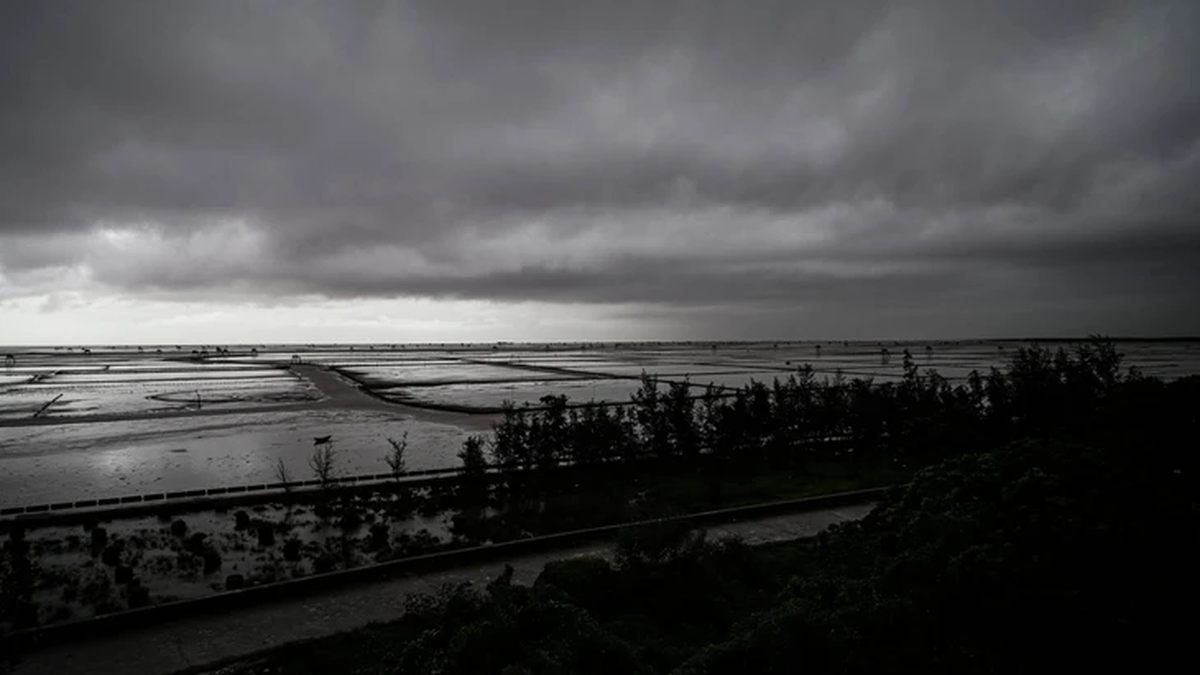
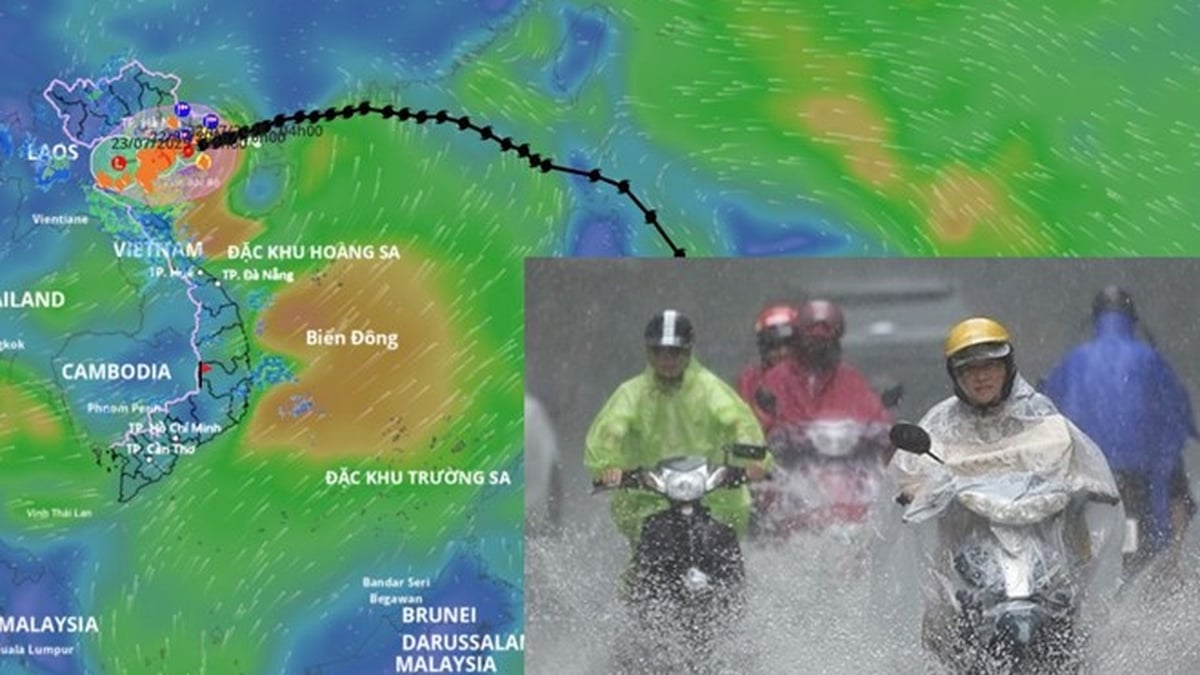
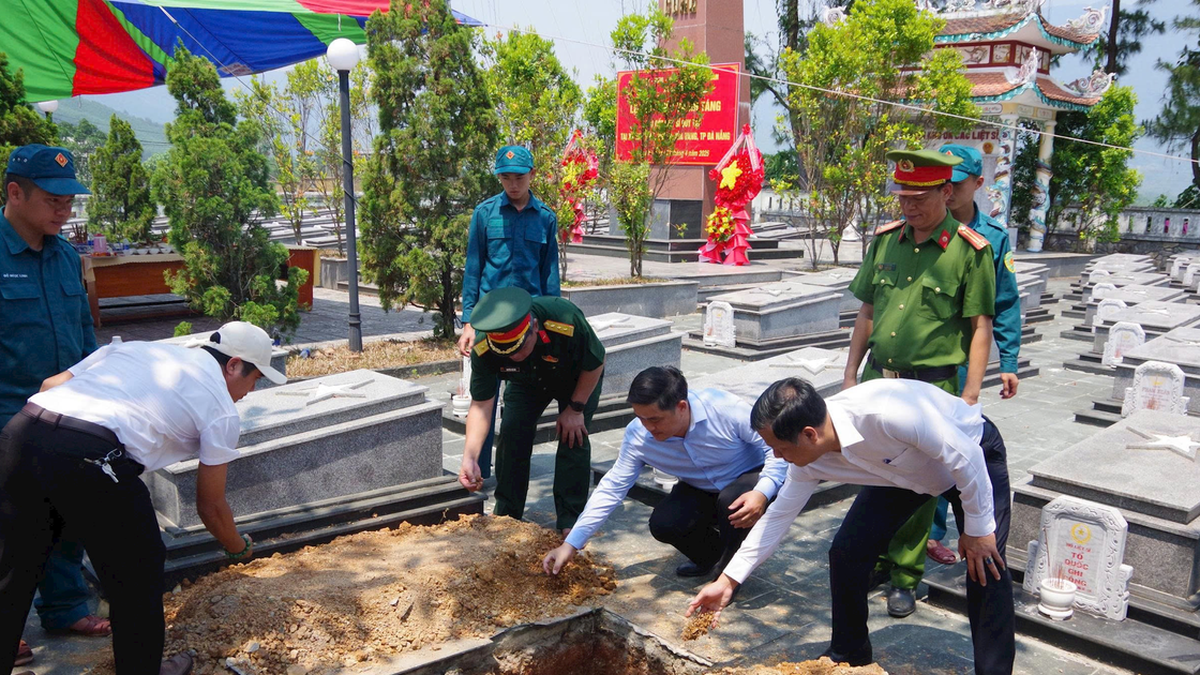
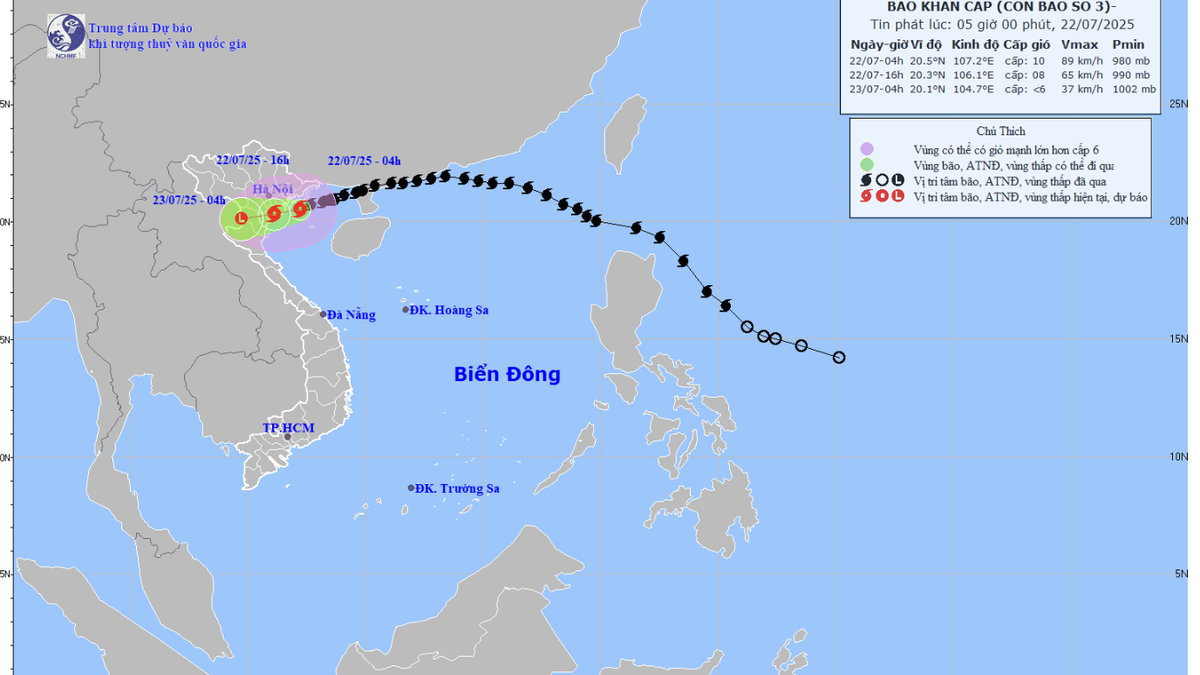

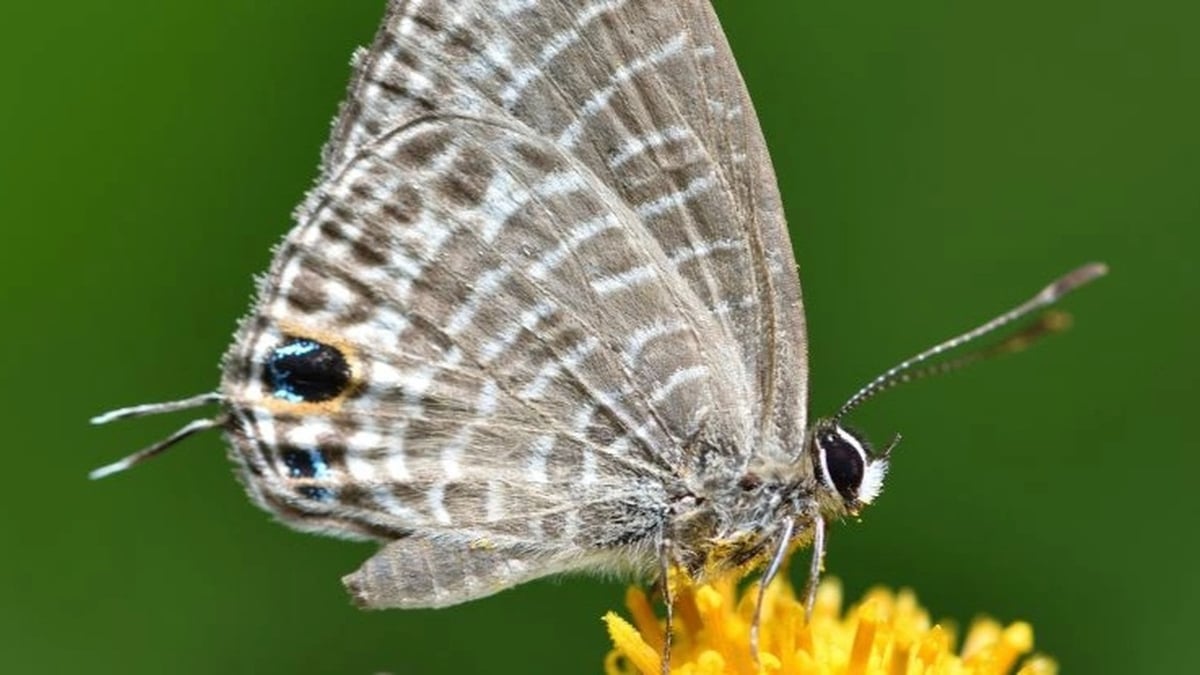













![[Photo] National Assembly Chairman Tran Thanh Man visits Vietnamese Heroic Mother Ta Thi Tran](https://vphoto.vietnam.vn/thumb/1200x675/vietnam/resource/IMAGE/2025/7/20/765c0bd057dd44ad83ab89fe0255b783)




















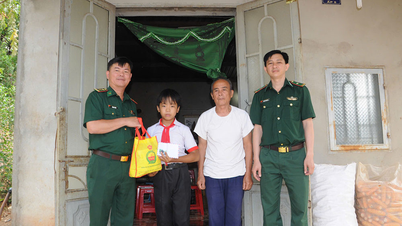

























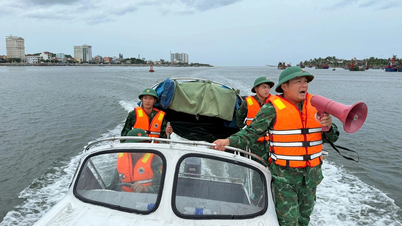


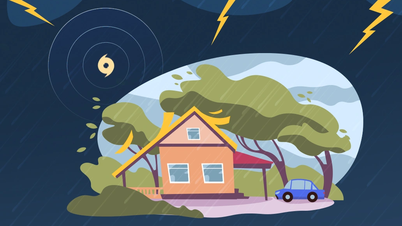






























Comment (0)